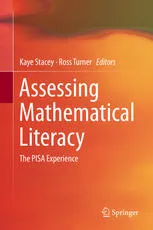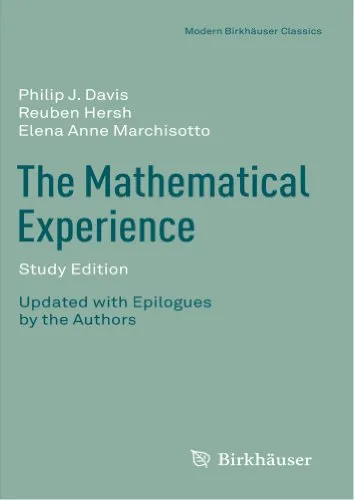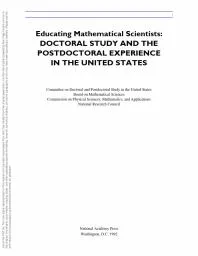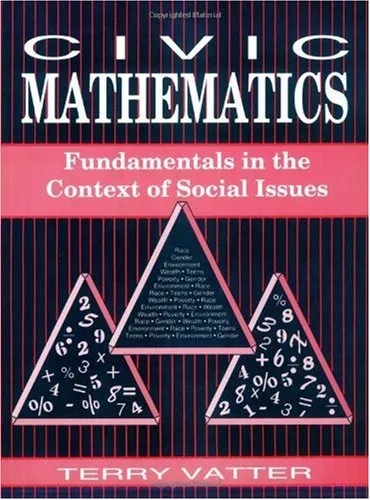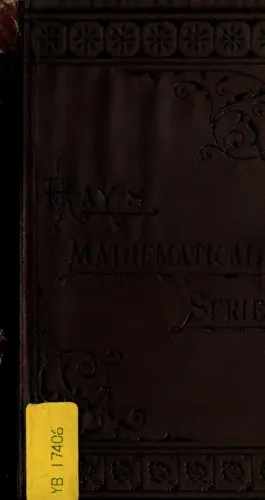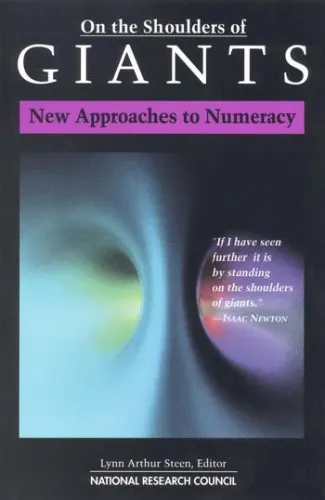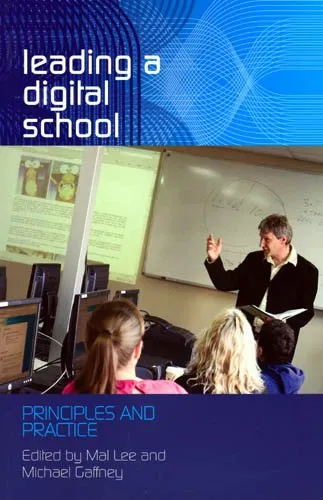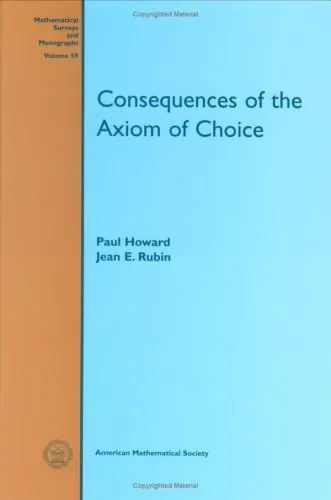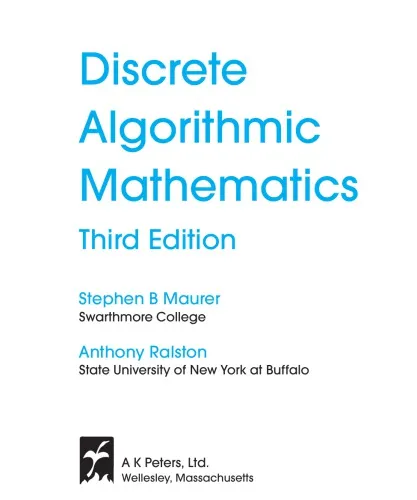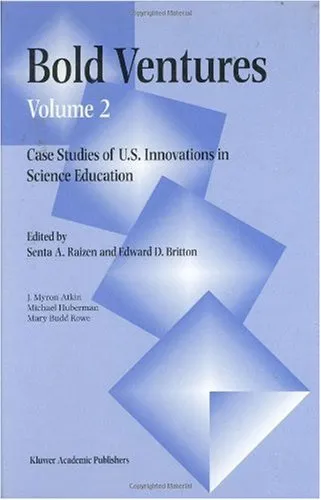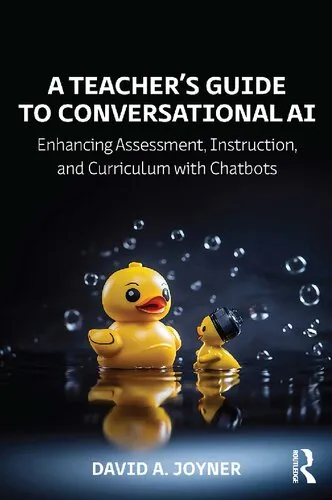Assessing Mathematical Literacy: The PISA Experience
4.0
Reviews from our users

You Can Ask your questions from this book's AI after Login
Each download or ask from book AI costs 2 points. To earn more free points, please visit the Points Guide Page and complete some valuable actions.Related Refrences:
Introduction
Welcome to 'Assessing Mathematical Literacy: The PISA Experience,' a comprehensive dive into the methodologies and significance of assessing mathematical knowledge through the lens of the PISA tests. This book offers educators, policymakers, and researchers invaluable insights into understanding mathematical literacy within the global context of education. As editors, we offer you a journey through the principles, outcomes, and implications of mathematical assessment as facilitated by the Programme for International Student Assessment (PISA).
Detailed Summary of the Book
The book explores the concept of mathematical literacy, particularly as it is defined by PISA. It investigates how this standard of literacy is assessed across different countries and educational systems. We delve into various aspects of PISA, detailing how it evaluates students' ability to apply mathematical concepts to solve real-world problems. Contributors from multiple disciplines discuss the nuances of effectively measuring mathematical skills and the challenges inherent in standardizing these assessments across diverse cultural and national contexts.
By examining different components of PISA assessments, including question design and the interpretation of results, the book provides a multi-faceted understanding of how these tests operate as both a diagnostic and developmental tool. Furthermore, it reflects on the influence that these assessments have on educational policies and practices worldwide.
Key Takeaways
- PISA's framework for assessing mathematical literacy stresses real-world applicability of mathematical skills.
- The significance of PISA lies in its ability to provide comparative data that informs educational stakeholders about the efficacy of teaching methodologies in diverse contexts.
- The book outlines the process of forming the PISA test items, emphasizing the balance between theoretical knowledge and practical application.
- Measurement challenges such as cultural biases and the alignment of curriculum standards with PISA's expectations are critically reviewed.
- The impact of PISA results on policy-making and curricular reforms is thoroughly analyzed.
Famous Quotes from the Book
"Mathematical literacy is not just about numbers; it's about contextualizing mathematics in a world that demands innovative solutions and critical thinking."
"The true power of PISA lies in its ability to bridge the gap between global educational standards and local implementations."
Why This Book Matters
This book serves as an essential resource for those involved in the fields of education and policy-making. It provides a critical analysis of the ways in which mathematical literacy is defined and assessed within the PISA framework, making it a valuable reference for anyone interested in the intricacies of international educational assessments.
The insights offered by this volume highlight the importance of developing educational assessments that are equitable and reflective of diverse learning environments. By engaging with the material within, educators and policymakers can better understand the global educational landscape and work towards more informed decisions that enhance learning outcomes.
Lastly, 'Assessing Mathematical Literacy: The PISA Experience' is pivotal for drawing attention to the role that assessment plays in shaping educational priorities and in fostering educational equity across the world. By presenting a nuanced approach to profiling mathematical literacy, this book stands as a vital contribution to the ongoing discourse on education quality and assessment.
Free Direct Download
You Can Download this book after Login
Accessing books through legal platforms and public libraries not only supports the rights of authors and publishers but also contributes to the sustainability of reading culture. Before downloading, please take a moment to consider these options.
Find this book on other platforms:
WorldCat helps you find books in libraries worldwide.
See ratings, reviews, and discussions on Goodreads.
Find and buy rare or used books on AbeBooks.
1361
بازدید4.0
امتیاز0
نظر98%
رضایتReviews:
4.0
Based on 0 users review
Questions & Answers
Ask questions about this book or help others by answering
No questions yet. Be the first to ask!
